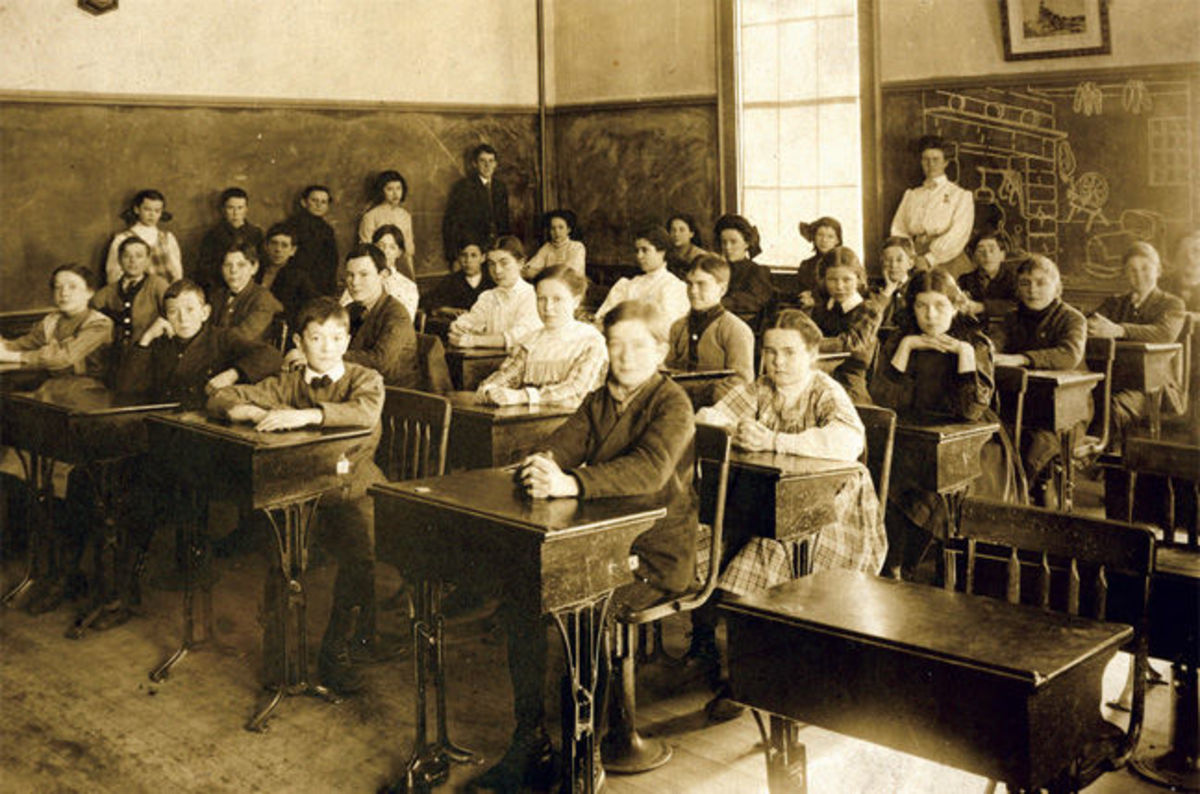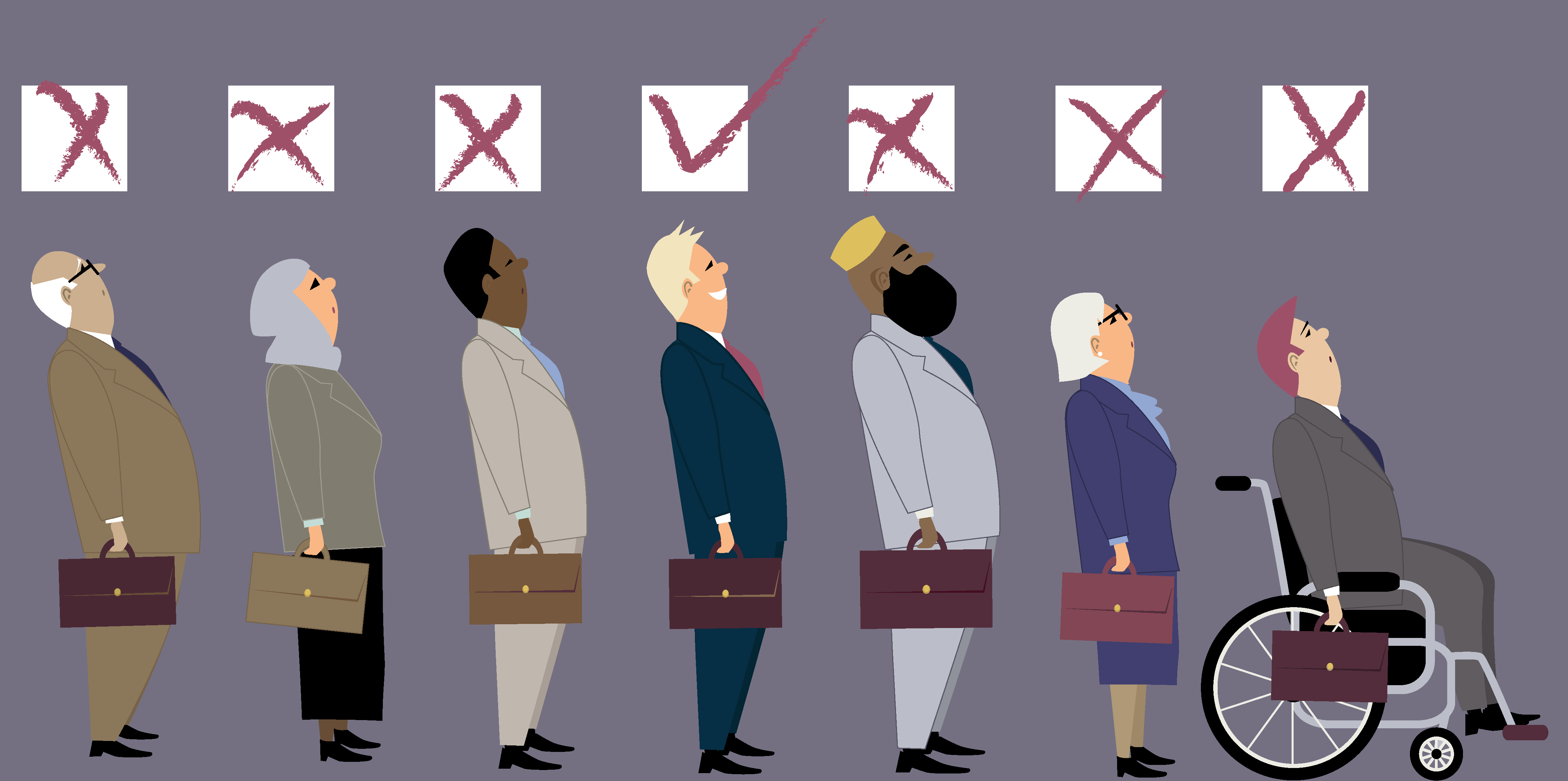Education and the educational system are topics that will always be debated and that we must pay close attention to. If we compare what education was like 50 years ago and how it is now, we can see many changes and advances, but some things will remain the same. The way children are educated, regardless of their condition or where they come from, must leave a mark on them, and elevate them to the next level.
Previously, children from other countries, Native Americans,
and those from different economic and social statuses did not receive the same
education or the same services and opportunities. This is because since
everyone was different, great importance was not given to their needs, but
rather to the needs that society and the government had. By this, I mean that
the Native Americans, the rich, and those who had an excellent command of
English, were the ones who received classes in economics, mathematics, social
studies, science, etc., because they were the children who according to the
"experts" They would achieve a good change in society and have an
excellent future. However, immigrants, people of color, and those with limited
resources were taught to work in factories, in the fields. As housewives,
because they did not pass the tests that the experts demanded (due to their low
level). of English, or resources to study for tests), they were forced to learn
mechanics or carpentry, because according to society their intelligence was not
for mathematics or science. Still, they were not allowed to learn them either.
For this reason, many children decided to leave school and dedicate themselves
solely to working to help their families (a sad reality that we still see
today).

Today, schools have improved education and the way they make each student learn. We now have programs that help students learn English while also learning about science, math, social studies, arts, music, etc. No matter what country they come from, whether they have money or not, regardless of their skin color, every student receives the help they need. There are services for speech assistance, for those who have learning or concentration problems, and after-school activities that help them identify or create new skills and abilities. The schools are very diverse with students and teachers from all walks of life, and they are not separated by culture but are all together to learn from each other. We are educating children so that they can function in society, we are teaching them so that they know about economics and health, but we are also teaching them about art and music so that in some way they can express themselves and identify what they most want. They like it while they learn a little about everything. They are talked to about mental health, how to be a community, about having values and principles, and from there, it is their decision what they want to do when they are adults. However, what I feel that still has not changed is the way we base a student's intelligence on the results of an exam, and instead of reinforcing those weaknesses, many teachers make them feel less and tell them that if they continue like this, they will not. They will be nothing in life (testimonies that I experienced at school). This only discourages students and makes them think about whether it is worth going to school; For this reason, many students prefer to leave school and dedicate themselves to something else because they feel that school "is not for them."
The school benefits us all because it offers us all kinds of
knowledge that will help us grow as people, it helps us work as a team, learn
about different cultures and customs, it shows us how big the world is and how
easy it is to connect with others. other people teach us to create friendships
and also stay away from what does not suit us. I don't think that the school
makes anyone fail, but it all depends on the concept with which the student
receives the information and uses it correctly, and it depends on the way the
information is being sent to each student. A teacher who is not trained enough
to work with all types of students will not be able to prevent a student from
dropping out of school. That is why as future teachers/educators we must ensure
that we are sending the right message to our students and that we teach them
all the opportunities they have to achieve success in life; be a support, a
right hand, a person they can trust because many children do not receive that
support and motivation at home, not all of them come from a good family that
guides them on the right path, but a teacher can change thousands of lives.





No comments:
Post a Comment